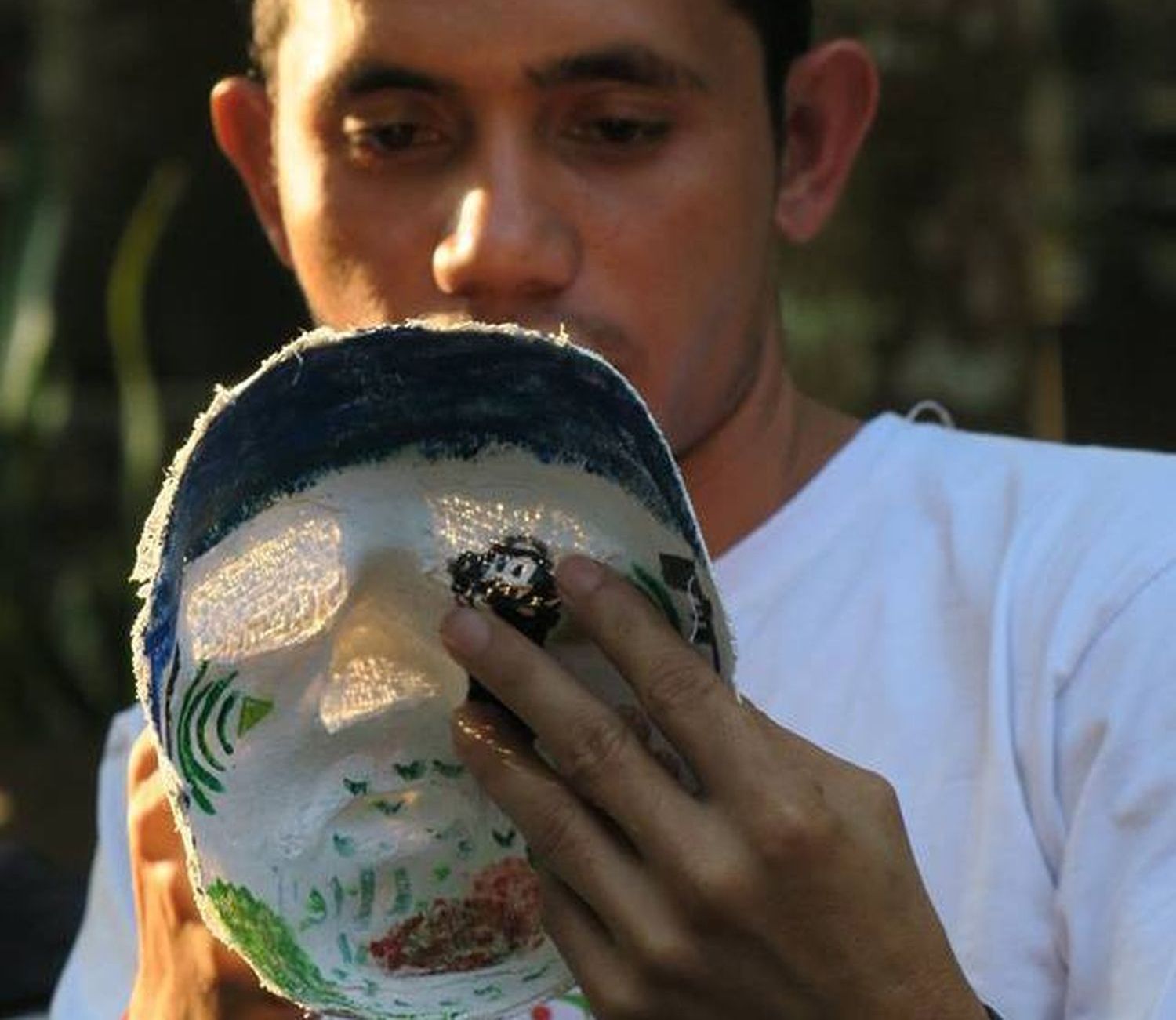↑Monthly eNewsletter of the Asia and Pacific Alliance of YMCAs
| This email contains graphics, so if you don't see them, view it in your browser. | |||||||||||||||||||||||||||||
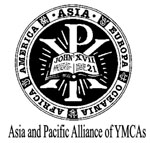  |
|||||||||||||||||||||||||||||
Creating change in a society is not an overnight work; instead, it takes commitment and consistency to continue because you believe in the mission. YMCA of Pangasinan has proven this with the constant effort they put in the different Alternative Tourism programs that they have. Just recently, the turnover of a multi-purpose hall which was a product of the International Service Program between the students from the YMCA of Singapore, and the local community and volunteers from YMCA of Pangasinan is a concrete evidence of this. The project was created by four teams of volunteers from Nanyang Technological University and several local volunteers and staff. It doesn’t only aim to create a building; instead, it wishes to build the dreams of the village housewives and young people by using it as a space for technical vocational training and livelihood programs. This is only one of the several community projects the YMCA of Pangasinan has implemented through their GATN programs. Located in the northern part of the Philippines, Pangasinan is a four-hour drive from Manila City and known as the “Milkfish Capital of the Philippines”. It is also in this place that people will find pristine waters and hundred islands. But more than all these, YMCA of Pangasinan is more known for the good relationship and friendship that it can offer. Pangasinan has been hosting several sending YMCAs such as Taichung YMCA, YMCA of Singapore and Saitama YMCA. The programs that they create are tailor-made to the capacity of the volunteers and to the needs of the community. With the diverse community that it supports, there are several different opportunities to volunteer in. One of the most staple parts of the program is the construction work where participants stretch their muscles and do labor works for different projects such as a pathway in muddy rice paddies, walls for classrooms, flooring for schools, or in the story mentioned above- a multi purpose hall for the village. The participants experience to carry blocks, sift sand, and polish the cement as it is all part of the process. Regardless of the heat of the sun or the drench from the rain, what is always noticeable is the smile of the people who not only create a building but build a friendship in the process.
In one of the activities, YMCA of Pangasinan brings the participants to a dump site to make them realize the importance of preserving nature and caring for the environment. Several issues in the community spawn from this experience but what is highlighted always is the empathy of the young people and an awakening for them to take actions on various issues even in their local communities.Values formation is also one of the key aspects of an alternative tourism program. The goal of these programs is to expose the participants out of their comfort zones and to make them realize the issues faced in a particular community. Through this, the participants not only visit places but they learn deeper about these communities and build a stronger connection to the place and to the people of that community. Indeed, GATN strives to find harmony in benefitting both the host community and the participants. This is one of the principles to which the GATN started and continue to stand for. Seeing that mass tourism, in hindsight, actually crea tes harm in the communities; GATN endeavors to make tourism beneficial for the community by channeling these opportunities into doors for development. In YMCA of Pangasinan, GATN does not only build infrastructures, instead, it continues to build dreams by providing a scholarship to young people in the community- a proof of strong commitment to education and sustainable activities that provide sustainable benefit to the community.
Similarly, GATN aspires to develop a responsible and sustainable attitude towards tourism. Through the interaction and realizations the participants gained from this experience, GATN attempts to cultivate people who have a deeper sense of global citizenship and advocates for a more meaningful, more responsible and more sustainable form of travel. Promoting sustainable and responsible travel and providing mutual benefits between the host and the participants are among the key principles of GATN. And true enough, with commitment and consistency in these principles, the aspiration to make change through tourism; and to make Alternative Tourism not just a program but an advocacy and a way of life are within reach. ~ Karren Joy Fetalvero Regional Conference on Climate Change
The conference will serve as the culmination of the four month E-learning program that allowed the participants to learn more about issues on climate change. Also, the participants will be asked to report on an environmental program or activity that they proposed or they have implemented after the e-learning as it will form part of the assessment of their comprehension. It is expected that the conference will be filled with discussions on topics that were not covered in the E-learning and that the participants will have an exposure in a community to give them a practical application of the things they learned. At the end of the conference, the APAY hopes that the participants will be strong in advocating for Climate Change issues and other environmental concerns. Application for the conference is until September 15, 2017 while official announcement of the participants will be released shortly after. This program will be hosted by Daegu YMCA. ~ Karren Joy Fetalvero
Bali field trip a highlight of SOP's second moduleThe eighth School of Peace (SOP) conducted by Interfaith Cooperation Forum (ICF) began on July 15 near Yogyakarta, Indonesia, with 16 participants from 10 Asian countries. The first module of the three-month program focused on people’s multiple identities, including gender, sexual orientation and faith. Other important topics of the first module involved sessions on structural analysis to better understand sources of power within society and community organizing to learn how grassroots people can utilize their own power for social and economic change. The emphasis of the second module of SOP that began in mid-August is on conflict, violence and war. The participants discussed definitions of conflict, examined the causes of conflict and considered a number of approaches to potentially resolve conflicts non-violently. In addition, the participants learned how to use photography and drama as tools for transformation that can be effective ways to educate communities about their issues and to motivate them to take action.
A highlight of the second module was a four-day field trip to the island of Bali—a predominantly Hindu area of the country. During this field trip, the participants visited organizations providing women with alternative health care and legal aid for women and children. They also met survivors of the mass killings in Indonesia of alleged communists that began in 1965 and that took the lives of between 500,000 and three million people within a one-year period. They met as well victims of so-called development—members of fishing communities along the coast that are being displaced for land reclamation. Lastly, during a session discussing transitional justice, they learned about the stolen children of Timor-Leste who were forcibly taken by Indonesian soldiers back to Indonesia during the violent conflict between 1975 and 1999 in Timor-Leste. ~ Bruce Van Voorhis
|
|||||||||||||||||||||||||||||
| Not interested any more? | |||||||||||||||||||||||||||||




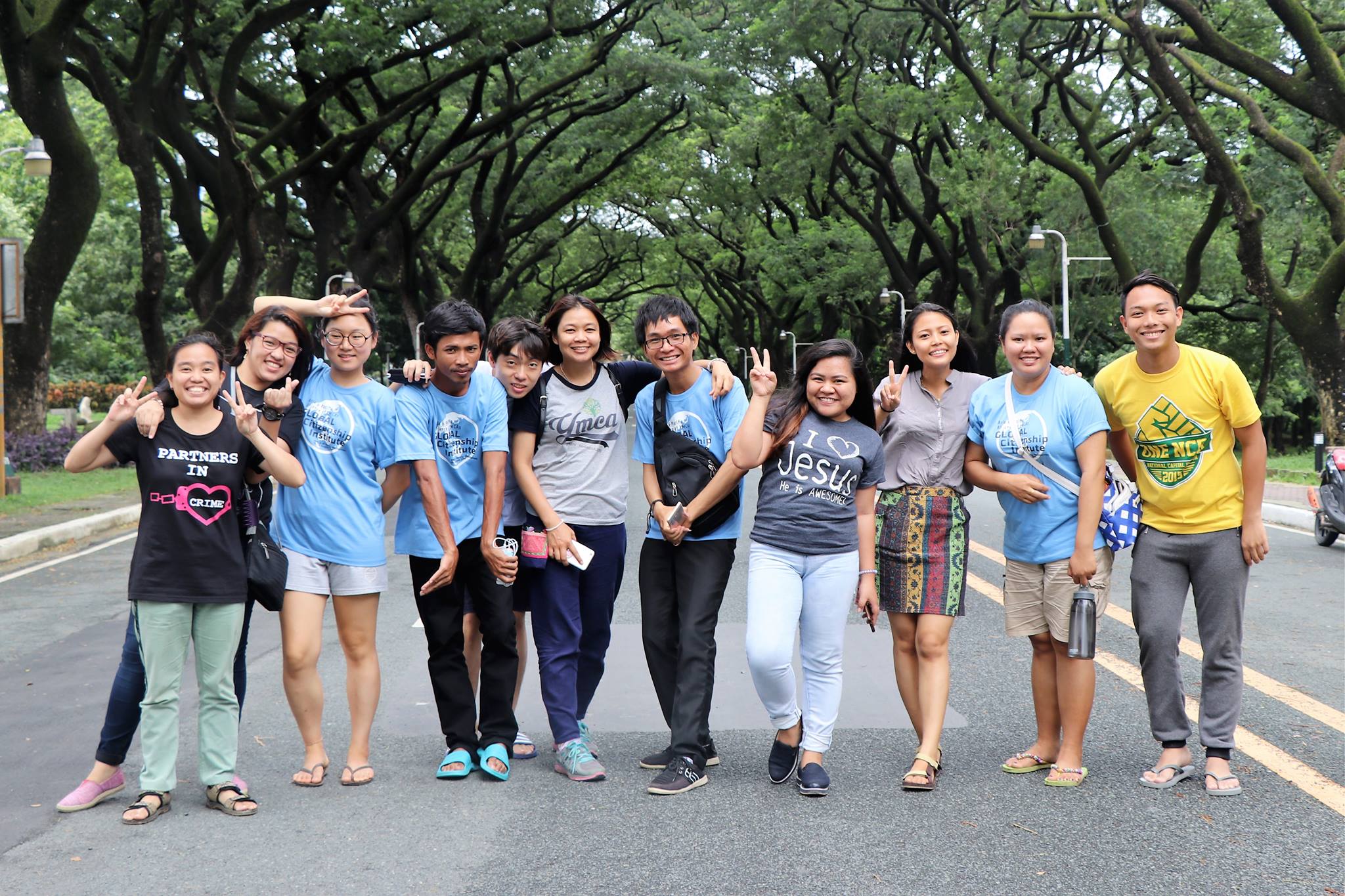
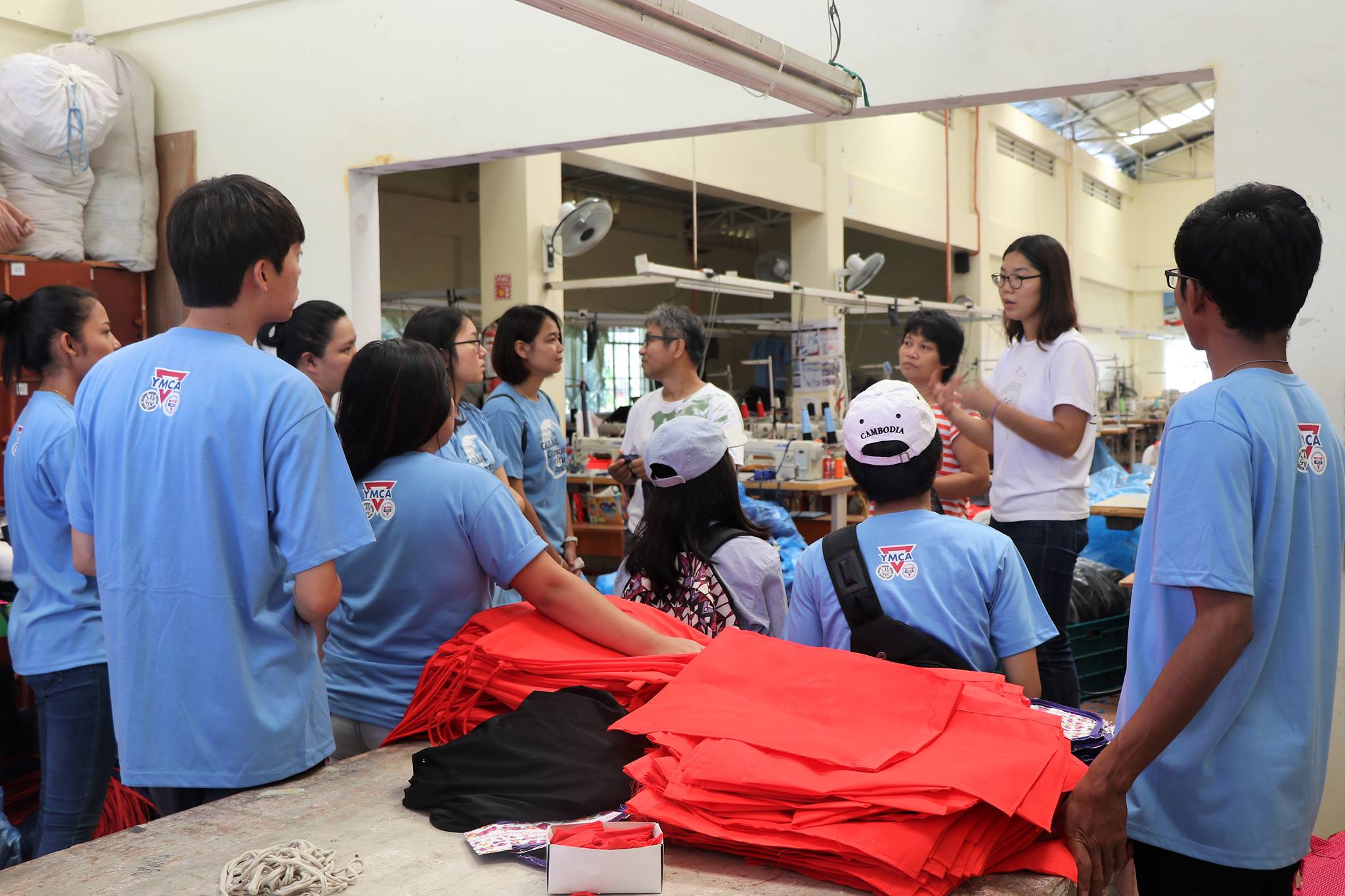
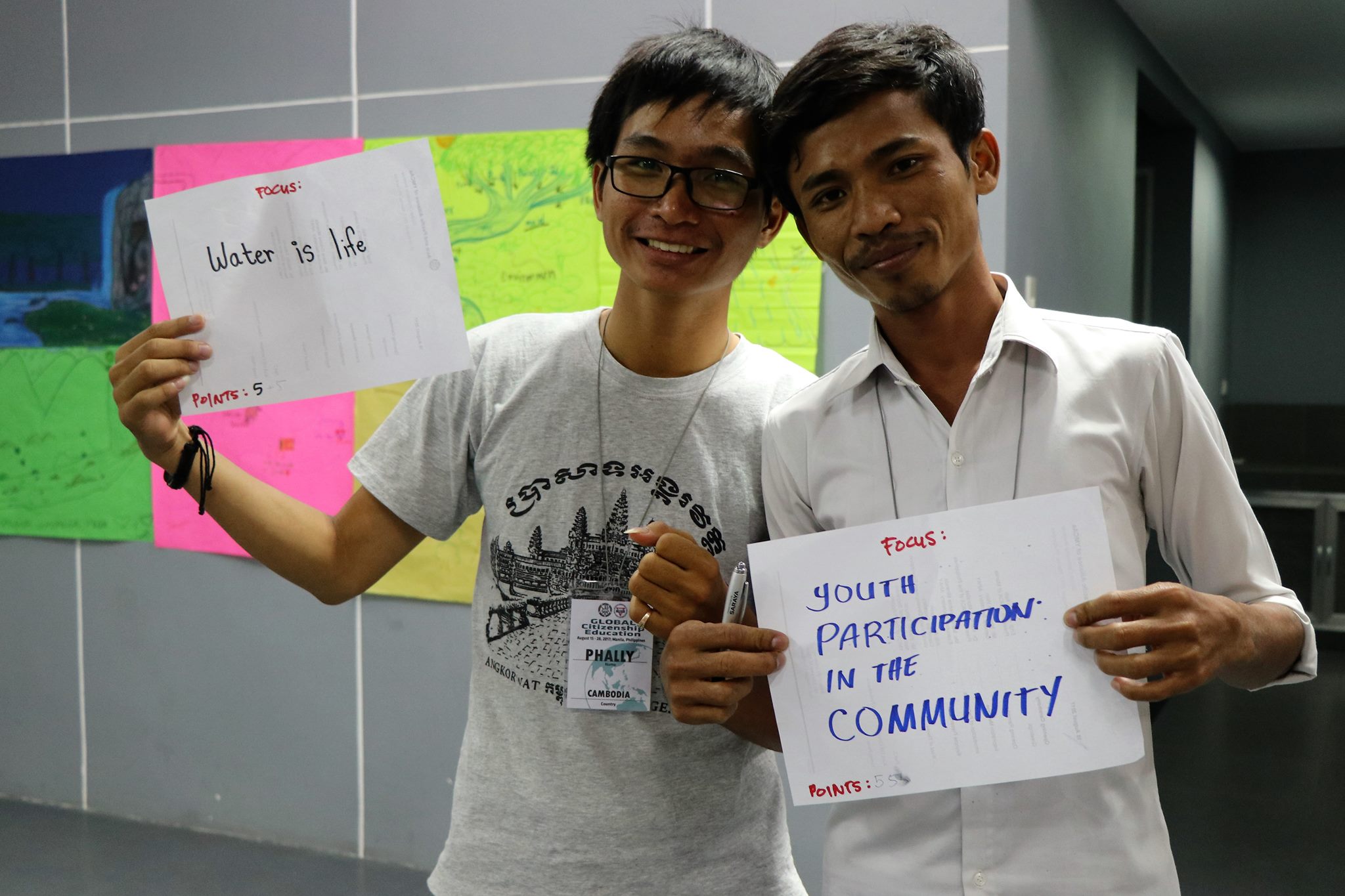
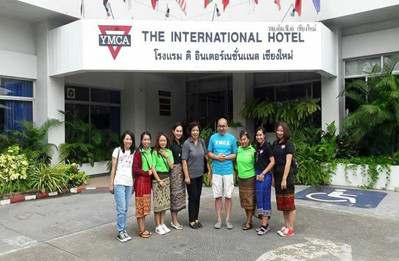
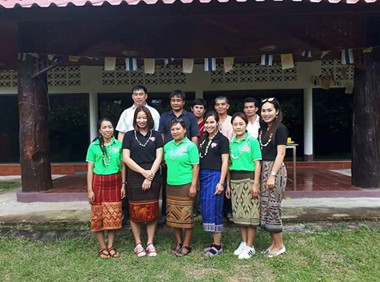
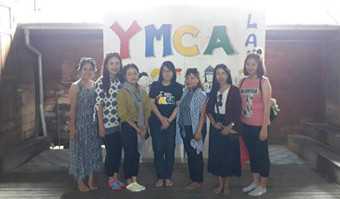
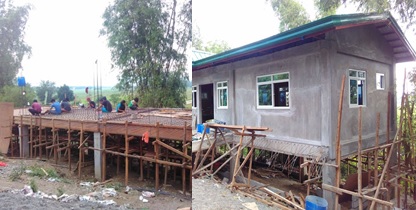
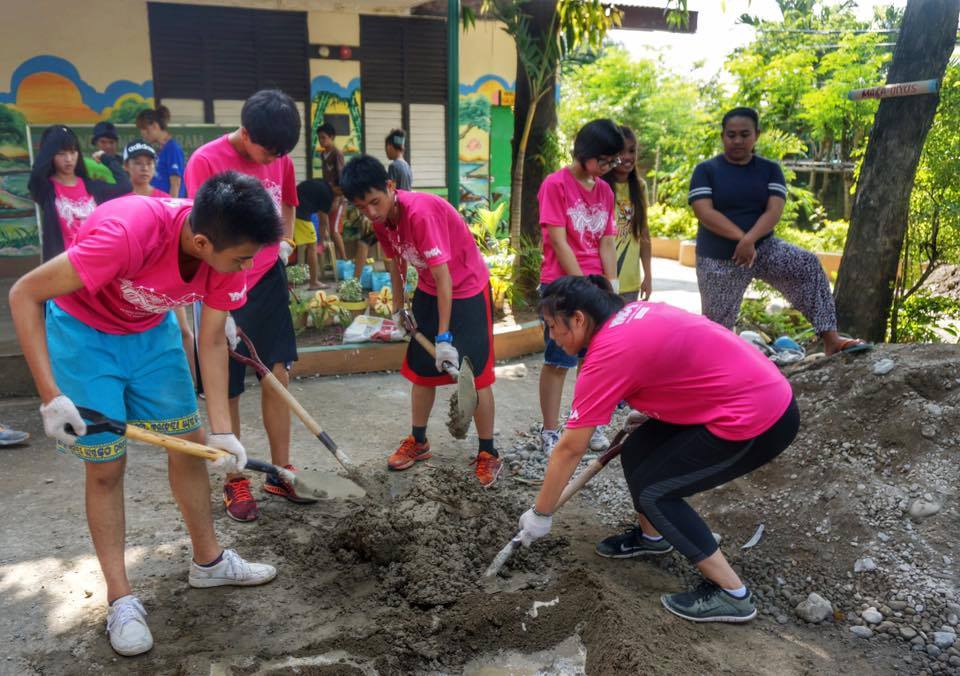
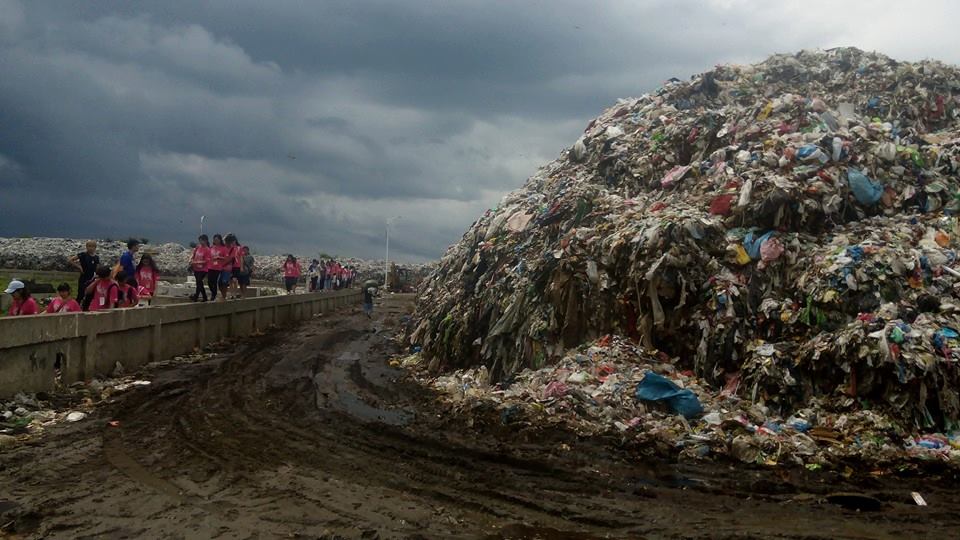
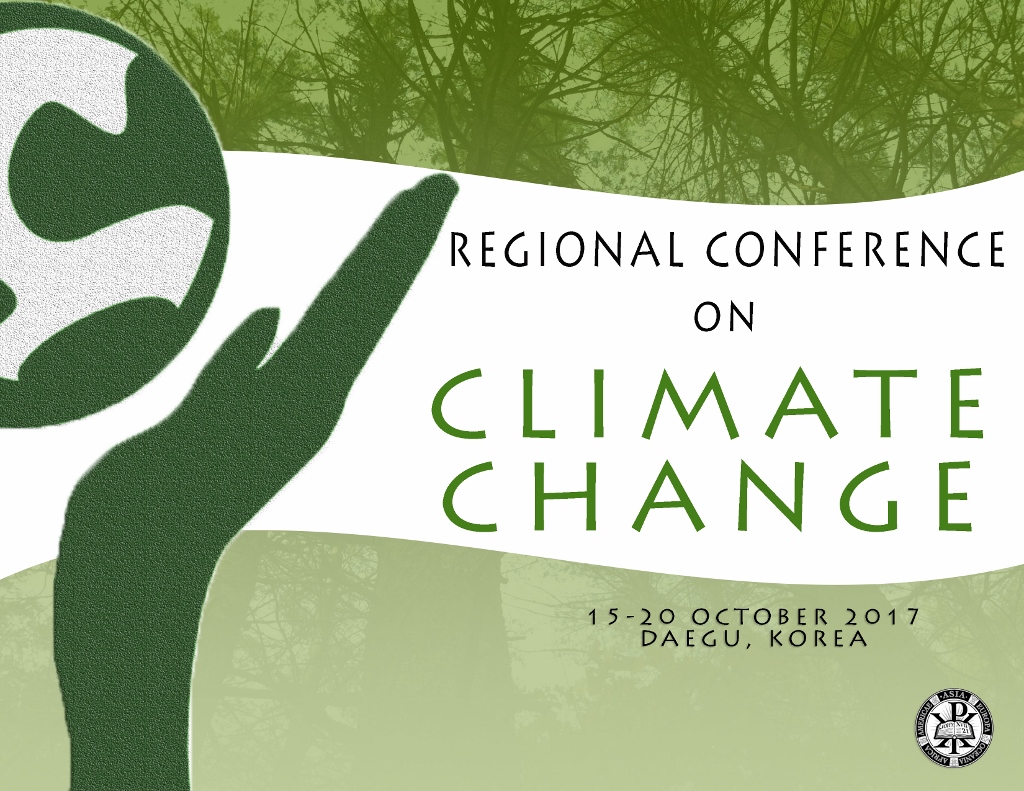 The Asia and Pacific Alliance of YMCAs will be conducting its 2nd Regional Conference on Climate Change in Daegu, Korea on October 15-20, 2017. This will be participated by youth who have finished the E-learning on Climate Change and submitted an action plan.
The Asia and Pacific Alliance of YMCAs will be conducting its 2nd Regional Conference on Climate Change in Daegu, Korea on October 15-20, 2017. This will be participated by youth who have finished the E-learning on Climate Change and submitted an action plan.